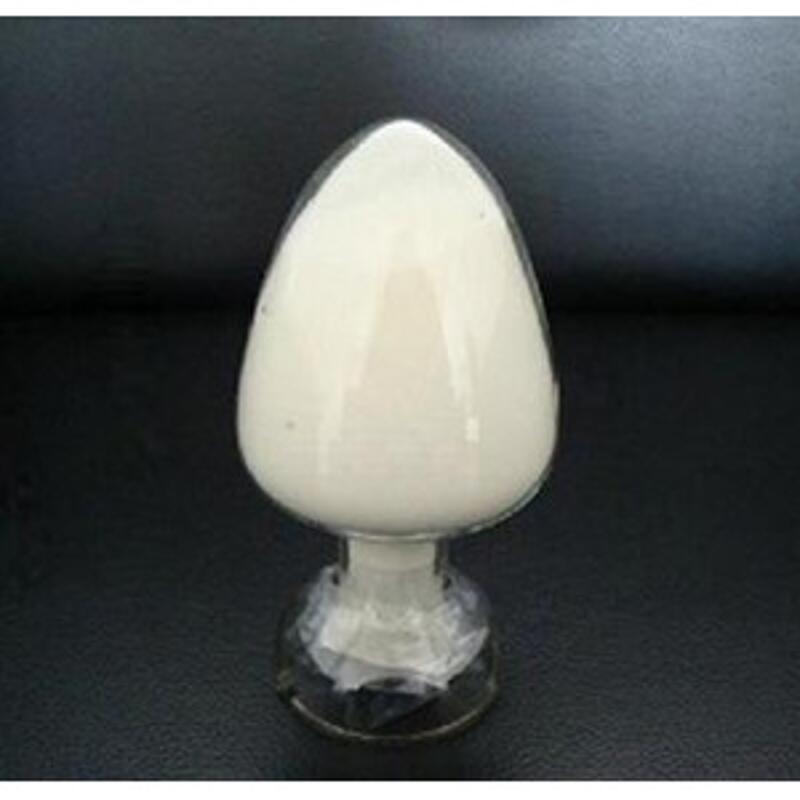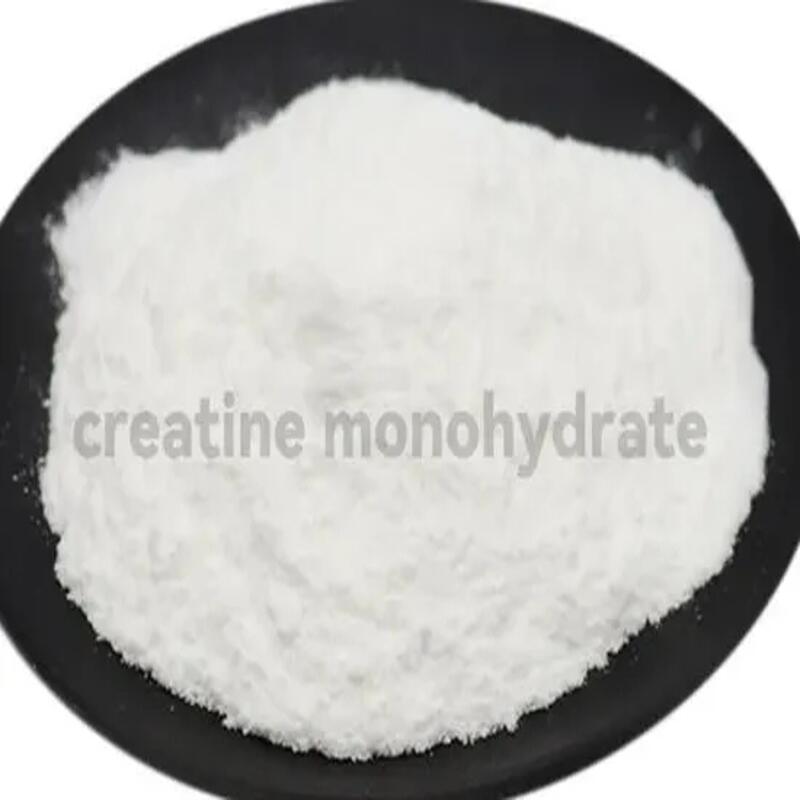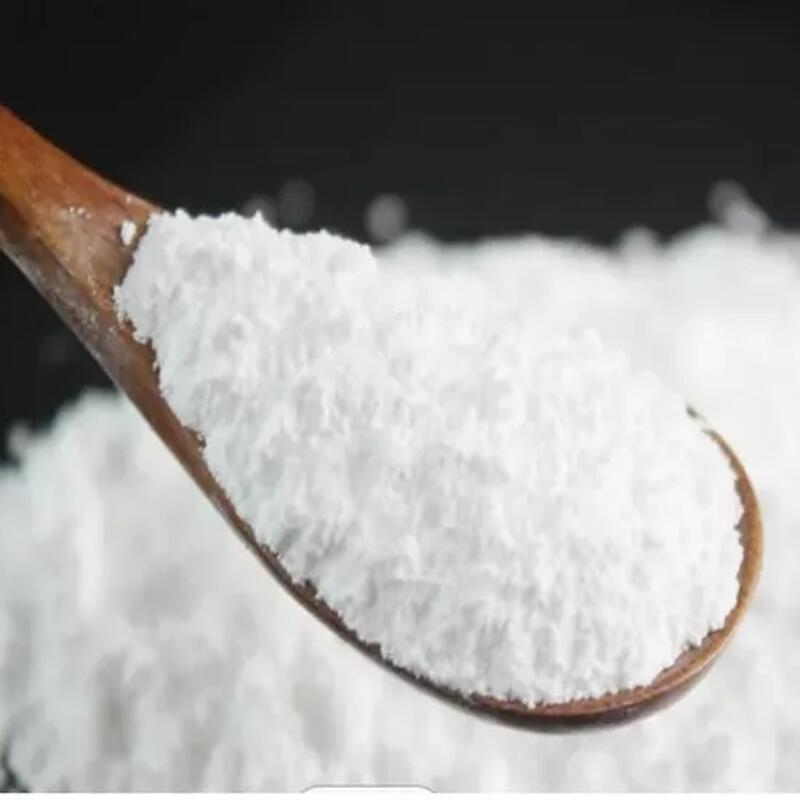-
Categories
-
Pharmaceutical Intermediates
-
Active Pharmaceutical Ingredients
-
Food Additives
- Industrial Coatings
- Agrochemicals
- Dyes and Pigments
- Surfactant
- Flavors and Fragrances
- Chemical Reagents
- Catalyst and Auxiliary
- Natural Products
- Inorganic Chemistry
-
Organic Chemistry
-
Biochemical Engineering
- Analytical Chemistry
-
Cosmetic Ingredient
- Water Treatment Chemical
-
Pharmaceutical Intermediates
Promotion
ECHEMI Mall
Wholesale
Weekly Price
Exhibition
News
-
Trade Service
TRI-TERT-BUTYL 1 4 7 10-TETRAAZACYCLONONANE, also known as TBT, is a type of white powder that is widely used in the chemical industry.
It is a synthetic organic compound that is primarily used as a catalyst in the production of a variety of chemicals, including polypropylene, polyethylene, and other polymers.
Upstream and Downstream Products of TBT
The production of TBT involves a number of upstream and downstream products.
Upstream products are those that are used to produce TBT, while downstream products are those that are produced using TBT as a catalyst.
One of the primary upstream products used in the production of TBT is dimethylformamide (DMF), which is used as a solvent during the manufacturing process.
Other upstream products include tetrabutylammonium salts, metal carboxylates, andBasic-D anion exchange resin.
Once TBT is produced, it is used as a catalyst in the production of downstream products.
One of the most common downstream products produced using TBT is polypropylene, which is a type of plastic commonly used in packaging materials, textiles, and other products.
Other downstream products produced using TBT include polyethylene, polyvinyl chloride (PVC), and other types of polymers.
The use of TBT as a catalyst in the production of downstream products is a critical aspect of the chemical industry.
Without TBT, the production of these products would not be possible on a large scale.
Potential Health Risks of TBT
While TBT is an essential component of the chemical industry, it is also a potential health risk to those who work with it.
TBT has been classified as a possible human carcinogen by the International Agency for Research on Cancer (IARC), based on evidence that it can cause cancer in animals.
Additionally, TBT can also cause skin irritation, respiratory problems, and other health issues in those who are exposed to it.
As a result, it is important for those who work with TBT to take appropriate safety precautions to minimize their exposure to the chemical.
Conclusion
TBT is an essential component of the chemical industry, and its use as a catalyst in the production of a variety of downstream products is critical to the industry.
However, it is also a potential health risk to those who work with it, and appropriate safety precautions must be taken to minimize exposure to the chemical.
Overall, TBT is a complex and essential compound in the chemical industry, and it will continue to play an important role in the production of a wide range of products for years to come.







